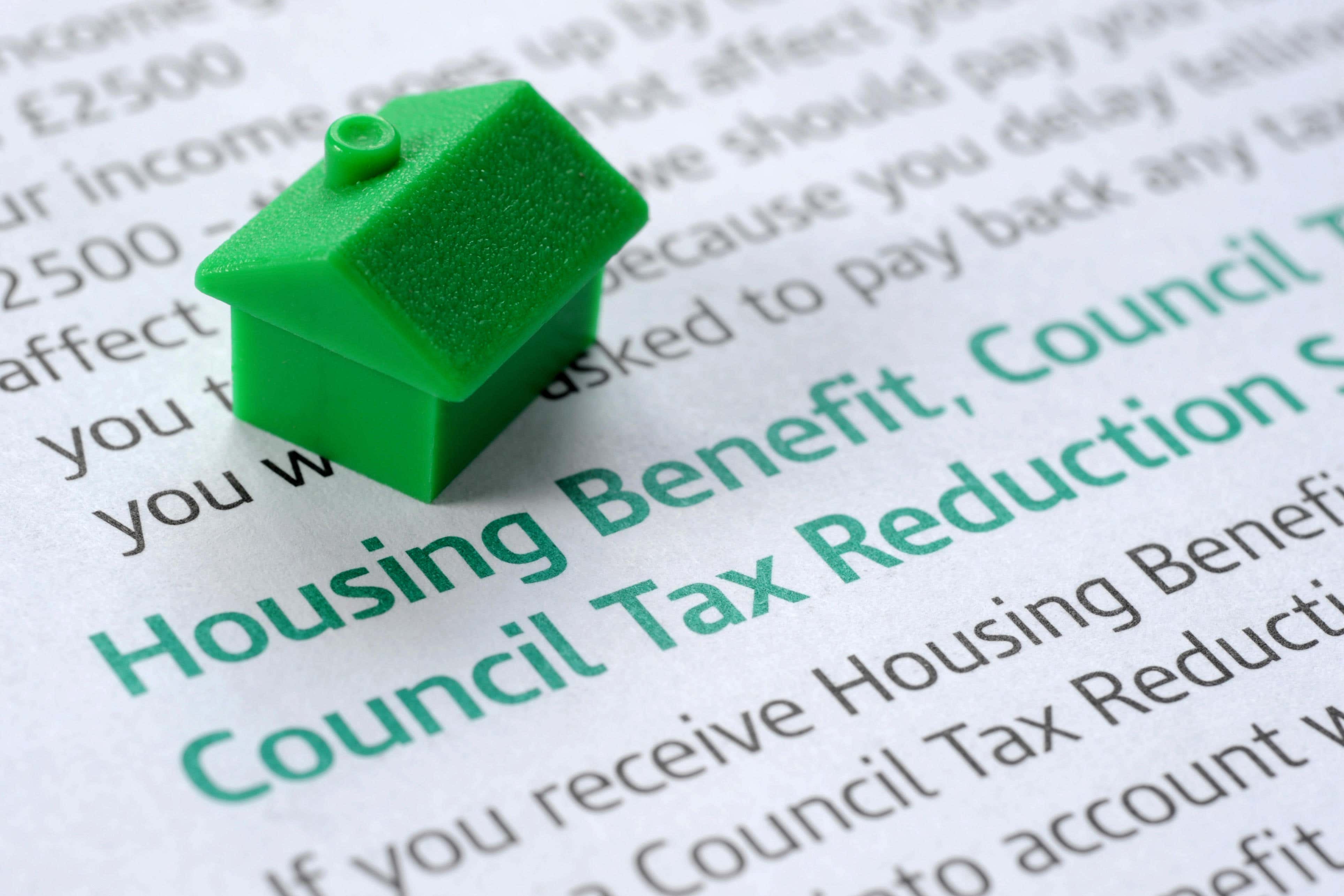Average council tax bill ‘to rise by £100’ as local authorities seek extra £2bn
Levelling up secretary Michael Gove has promised that councils will see an increase in core spending of up to £4.5 billion

Council tax is likely to increase by the maximum amount possible as local authorities across the country hope to boost their finances.
By increasing council tax by 4.99 per cent from April, the levelling-up department is hoping to raise £2bn from taxpayers despite Rishi Sunak’s suggestion of pre-election giveaways to help save his premiership.
It is estimated that the increases would add £100 to a typical band D council tax bill and experts have warned this will impact poorer households the hardest.
David Phillips, an economist at the Institute for Fiscal Studies, told The Guardian: “Increasing council tax while cutting most direct taxes — for example, national insurance, income tax and especially capital gains tax and inheritance tax — would be regressive.”
Levelling-up secretary Michael Gove told the Commons last week that councils would see an “increase in core spending power of up to £4.5bn” and announced an additional £600m in local government funding.
He told MPs: “Taking into account this new funding, local government in England will see an increase in core spending power of up to £4.5bn next year, or 7.5 per cent in cash terms, an above-inflation increase, rising from £60.2bn in 2023-24 to up to £64.7bn.”
However, this financial boost was based on the assumption that local authorities in England would apply the maximum allowable council tax rise.
The government has allowed several councils to raise council tax by up to 15 per cent due to “exceptional” financial circumstances, which include Croydon and Woking, while Birmingham and Somerset are seeking approval for 10 per cent increases.
Emergency funding for councils was announced last week after more than 40 Tory MPs warned they were in danger of bankruptcy, with six declaring themselves to be in financial distress since 2018.
Nottingham was the most recent to declare bankruptcy in November last year, while Birmingham City Council, the largest local authority in the UK, issued a Section 114 notice in September.
Last month, Lord Morse, chairman of the Office for Local Government, said that councils were going bankrupt due to poor financial management rather than a lack of money.
He told The Times that there was a “lot to be done” to improve the way in which councils managed their finances and that those councils had failures in governance.
A government spokesperson said: “Councils are responsible for their own finances and set council tax levels but we have been clear they should be mindful of cost of living pressures. We continue to protect taxpayers from excessive council tax increases through referendum principles.”
Subscribe to Independent Premium to bookmark this article
Want to bookmark your favourite articles and stories to read or reference later? Start your Independent Premium subscription today.

Join our commenting forum
Join thought-provoking conversations, follow other Independent readers and see their replies